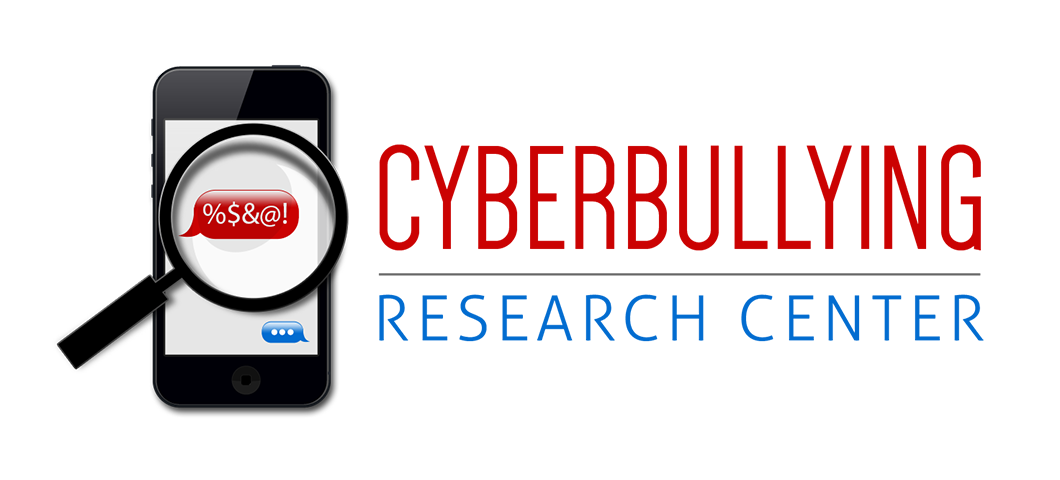
I found this new CNN article on anger online really interesting. In our new book, we talk about two theoretical concepts which are highly relevant: disinhibition and deindividuation. To be disinhibited is to be freed from restraints on your behavior. In some venues, disinhibition can be a positive thing. For example, someone who tends to be socially restrained may be disinhibited and therefore more outgoing when attending a costume party. Hiding behind the safety of a mask, they can often interact more boldly with others because they are somewhat protected or shielded from the immediate consequences of what they do. Alcohol is another significant disinhibitor. You are more likely to do things you wouldn’t normally do after getting drunk, simply because you are no longer fully considering the ramifications of your actions. You have been disinhibited.
Thinking about Internet-based interaction and perceived anonymity, cyberbullies are disinhibited and do not have to deal with the immediate emotional, psychological, or physical effects of face-to-face bullying on their victim. When you express hurtful words to another person in real life, there is often a clear and present danger of a fight breaking out (or some other immediate consequence). If that doesn’t happen, verbal violence will likely be volleyed back and forth between you and the other person. In cyberspace, if you don’t discover or notice it for yourself, nothing will clue you in to the inappropriateness of certain hurtful words. For example, there is no immediate visual feedback loop (e.g., through body language) that informs you when your typed words actually do damage to another.
Deindividuation is another concept stemming from anonymity or pseudonymity on the Internet. To be deindividuated is to have one’s awareness of self – and ability to regulate that self – reduced due to a loss of individual identity amongst a crowd. Individuals who act and interact in cyberspace may feel “hidden” or immersed amongst each other (and amongst the collective of hundreds of millions currently connected online) and more a part of a group than by oneself. In this deindividuated setting, they tend to be much more responsive to situational factors and their own emotions and attitudes as the driving force for behavior, and accordingly may feel more free to act based on negative feelings. That is, they may be more likely to fly off the handle, act immaturely due to a small offense or slight, be horribly mean-spirited, lack compassion, and ignore consequences. These two theoretical factors, coupled with the fact that there are largely no formal or informal penalties or punishment for being a jerk online, are why anger in cyberspace is such a huge problem that sometimes leads to tragic consequences.







